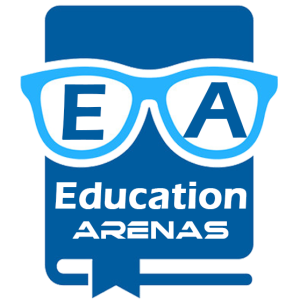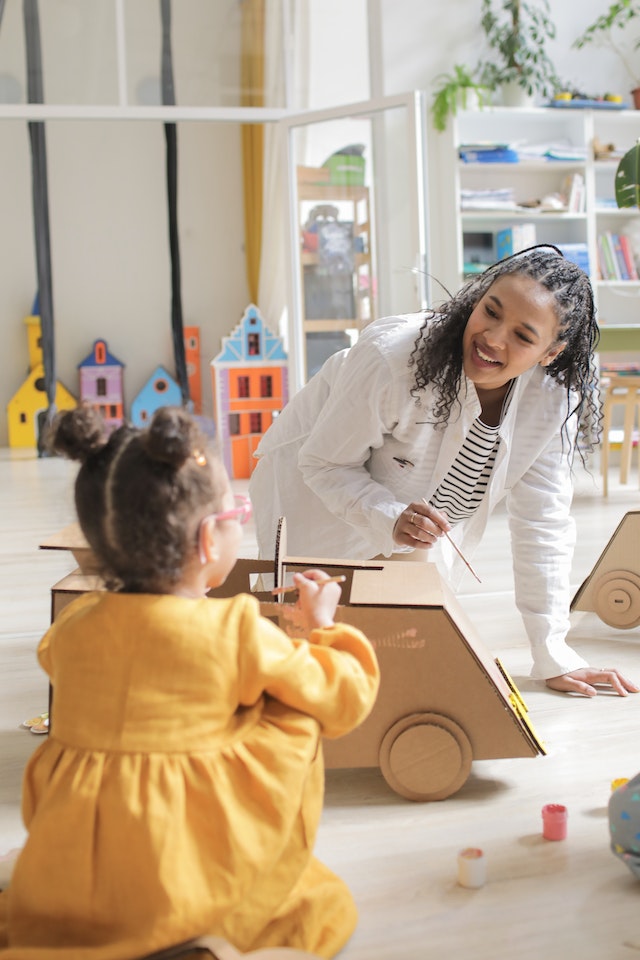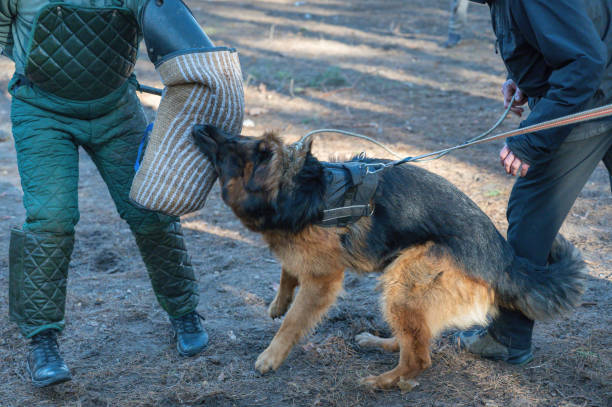Childhood education starts from the day we are born and continues all through our lives. The early years (0-5 years) are vital for learning and significant in every child’s life.
Neural connections in the brain, which are the basis for all thought, communication, and learning are established most rapidly in early childhood, especially in the first three years. Everything they see, touch, taste, smell, or hear helps to develop the brain for thinking, feeling, moving, and learning. Healthy development in the early years provides the building blocks for educational achievement, economic productivity, responsible citizenship, lifelong health, and strong communities.
Children’s relationships and experiences along with good health and well-being during these initial years greatly influence their growth, development, and future potential.
Through this article, let’s understand the impact of early childhood education on child growth and development.
Early childhood education (ECE) refers to the learning experiences a child goes through during their primary years of development. Through educational programs, ECE provides real opportunities that foster overall growth and development and thereby develop a lifelong love of learning in children. Since this development is key to a child’s health and wellness, professionals devote careers to researching, monitoring, and helping children and their families.
ECE impacts long-term social, cognitive, emotional, linguistic, and physical development. But how?
Children grow, develop and learn more rapidly during their early years than at any other time in life. They need to be showered with love, affection, attention, encouragement, mental stimulation, and nurturing to develop trust and security that turns into confidence as they grow.
Nurturing the next generation is no small feat. As an early childhood educator, your work will impact both children and the families that you work with. Therefore, your growth as a professional is as important as the growth and development of the children under your care. For this, you need to undertake formal childcare training to gain specialised skills and knowledge to support and build a safe learning environment for children. Wondering how to do this? Join KAL Training, a leading training provider in early childhood education.
The young mind is like a sponge constantly soaking information. Henceforth, it’s essential for children to get the right guidance while learning. And that’s where the crucial role of educators comes into play.
Educators want children to be healthy, receive a quality education, and get the tools to succeed in life. Quality childcare training makes educators competent to understand the stages of child development, identify the weaker aspects of a child and encourage them to improve through practical sessions and interaction with peers. Get well-versed in the strategies to provide quality engaging interactions and classroom environments that support effective learning.
A positive and caring relationship between the child and the caregiver is the most important factor in nourishing and supporting a child’s learning. This enhances willingness to learn, self-confidence, self-esteem, positive social skills, cooperation and teamwork, and a sense of empathy.
Each stage of development is interlinked where children grow and develop at their own pace. A skilled educator’s role is to recognise and appreciate the uniqueness of each child, respect the child’s feelings, needs and interests and accordingly interact and create activities that will boost their learning. If a child is developing slowly, educators can help by providing extended support. If educators are patient and sympathetic when a child expresses strong emotions, the child is more likely to grow up happy, secure, and well-balanced. This support strategy is a key feature of effective teaching. ECE gives children a solid foundation upon which all learning depends, making every stage of education that follows more efficient and productive.
Children learn a language quickly through hearing and singing songs and rhymes, storytelling, and playing games. This develops the ability to think and express themselves.
The concept of socialisation takes root in infancy. As children grow, they need opportunities to learn and socialise with their peers. Group learning activities run by a skilled educator help to develop self-confidence and cooperation in children.
In preschool, continuous interaction and exposure amongst children and with teachers help kids to enhance their communication skills. Therefore, to immerse the child in inquiry-based learning, ECE plays a pivotal role.
A child who experiences the joy of learning, of discovery, and of successfully completing age-appropriate tasks will have improved social skills, fewer behavioural concerns and do better academically as well.
Playcontinues to be an elementary medium of teaching and learning in the early school years.
As Albert Einstein rightly said ‘Play is the highest form of research.’ Children learn through exploration, experimentation, and conversations during purposeful play environments created by educators. Children play because it is fun. It encourages joyful learning that fosters children’s symbolic and imaginative thinking, peer relationships, language, physical development, and problem-solving skills.
To Sum Up
‘Speak to children as they’re the wisest, kindest, most beautiful and magical humans on the Earth, for what they believe is what they will Become’. This quote from Brooke Hampton describes the influence of ECE on child growth and development in a nutshell.
ECE lays the foundations for the future, taking us through childhood, youth, and ultimately into adulthood. It is the duty of parents, caregivers and family members, communities, and governments to ensure that their rights are respected, protected, and fulfilled.
People keen on learning more about the experiences and relationships that impact child development may consider pursuing childcare training courses at KAL Training. High-quality childcare training by industry experts at KAL will enable you to comprehend how children grow and develop, and promote child wellness allowing them to contribute to society in a meaningful way. For more information on childhood education visit education arenas









